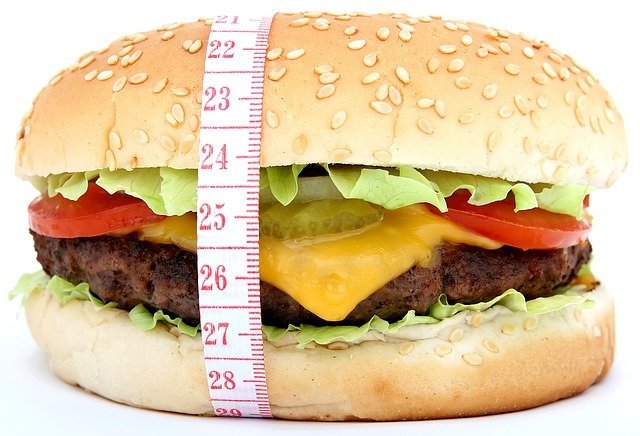Inside BENEO’s new pulse plant: pioneering sustainable protein from faba beans
To facilitate the transition towards a Trans Fatty Acids free food supply, FSSAI is also building capacities of the industry and in this regard, recently concluded a series of webinars on trans fats
With a gazette of recent regulations to limit the content of trans fats in all food items, the Food Safety and Standards Authority of India (FSSAI) joins the league of several other nations globally having best practice policies for trans fat elimination.
With the enactment of recent regulations on trans fats, India joins the club of around 40 countries globally that have already enacted the best practice policies to eliminate trans fats and would be among the first countries in Asia after Thailand in achieving the best-practice policies in trans fat elimination.
Key pointers under the regulations:
- Limiting industrial TFA to not more than 3% in all fats and oils by January 2021 and not more than 2 per cent by January, 2022, gazette in December 2020.
- All food products in which edible oils and fats are used as an ingredient shall not contain industrial trans fatty acids more than 2% by mass of the total oils/fats present in the product, on and from 01st January, 2022 as per the regulation, Food Safety and Standards (Prohibition and Restrictions on Sales) Second Amendment Regulations, 2021 gazetted in February 2021.
- Defines “Industrial trans fatty acids (iTFAs) as – all the geometrical isomers of monounsaturated and polyunsaturated fatty acids having non-conjugated, interrupted by at least one methylene group, carbon-carbon double bonds in the trans configuration. It excludes trans-fatty acids from dairy, meat, fish and their
products.”
Industrial trans fats are produced by adding hydrogen to liquid vegetable oils to make them solid, which increases their stability at room temperature and extends shelf life. Trans fats are largely present in partially hydrogenated vegetable fats/oils, vanaspati, margarine and bakery shortenings, and can be found in baked and fried foods.
To facilitate the transition towards a Trans Fatty Acids free food supply, FSSAI is also building capacities of the industry and in this regard, recently concluded a series of webinars on trans fats. Each webinar was planned to target specific stakeholders focusing on challenges faced by them towards making a shift to trans fat-free products and suggesting practical technological solutions through talks delivered by national and international experts.
The webinars were attended by nearly 3,700 participants from the edible oil industry, food businesses, bakers, chefs, restaurateurs and hoteliers, sweet and namkeen manufacturers, food analysts from food analytical laboratories and academic institutions.

